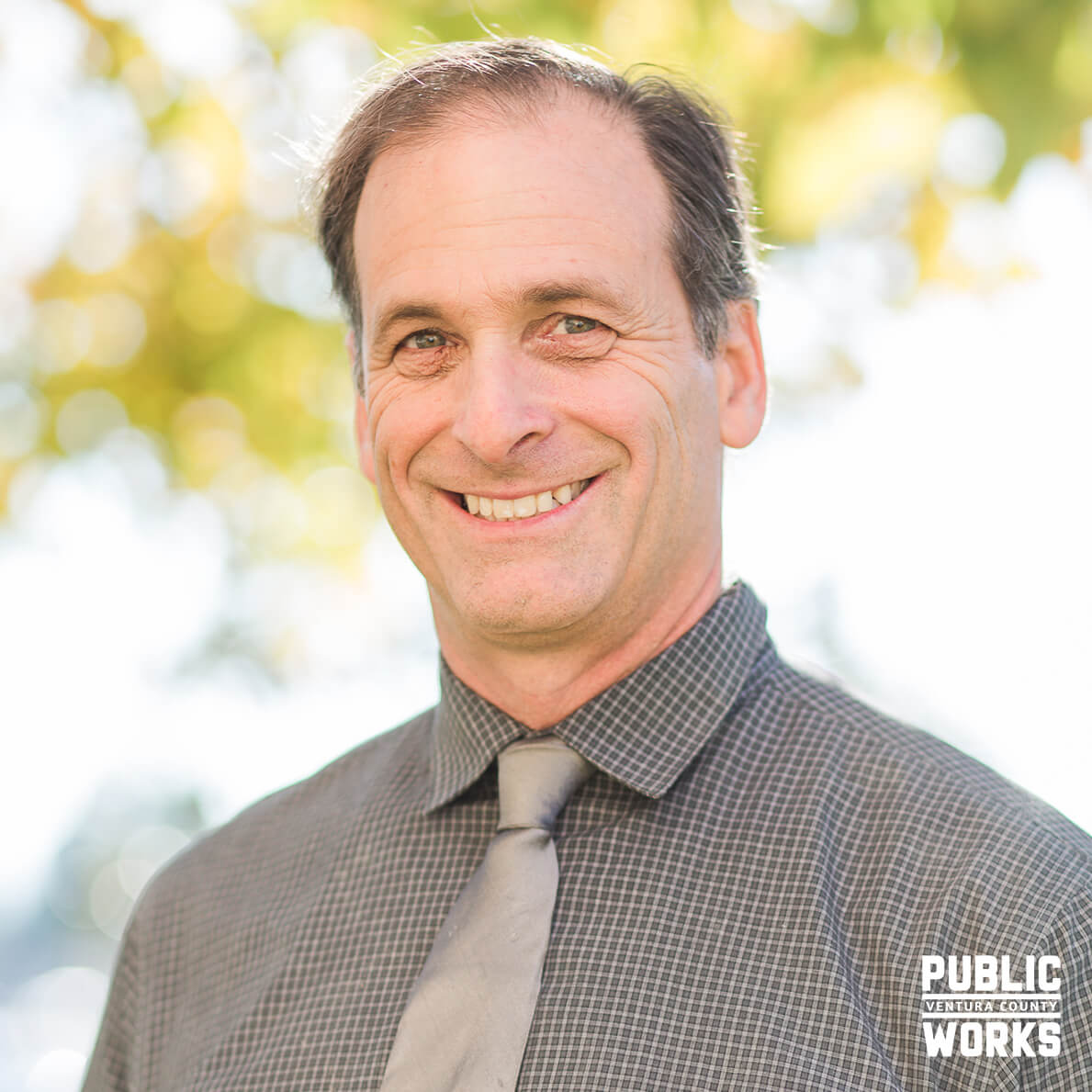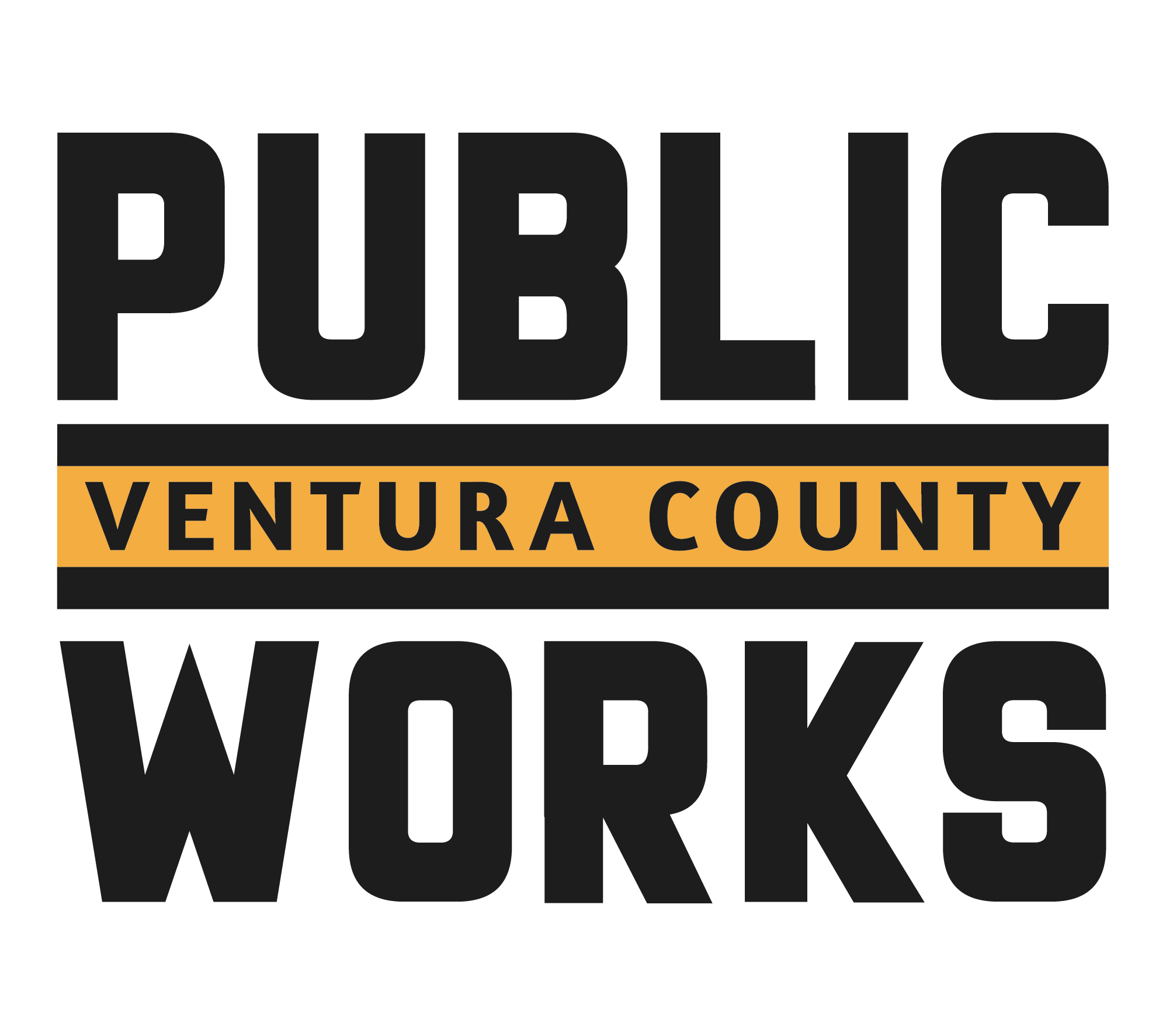EYE ON THE ENVIRONMENT | COMPOST HAPPENS
Apr 14, 2021 | David Goldstein
by David Goldstein, VCPWA, IWMD
“Compost happens” is the environmental twist on a more famous, but less positive aphorism about life. Actually, compost does not happen when we put yard clippings and food waste in a landfill. Modern landfills minimize biodegradation to cut emissions of methane, which is created when materials rot without sufficient oxygen; methane is over 20 times more powerful than carbon dioxide as a climate changing gas, according to a 1996 assessment by the United Nations Intergovernmental Panel on Climate Change. Even when waste in a landfill does biodegrade, it does not produce useful compost.
On the other hand, given the right amounts of moisture, air, decomposing organisms and a mixture of carbon and nitrogen, compost not only happens, but quality compost is the result. Compost recirculates nutrients into the soil, replenishing topsoil, rather than entombing these resources in a landfill. High quality compost also increases plant yields, improves soil aeration, retains soil moisture, prevents erosion and can suppress plant diseases, according to the website of the U.S. Composting Council, a national nonprofit group advocating for increased composting.
Locally, a new group of compost advocates, the Ventura County Compost Network, was recently launched to “help current composters, provide education for those interested in starting [composting] . . . and highlight high quality locally made compost and mulch products,” according to Dr. David White, executive director of the Ojai-based Center for Regenerative Agriculture.
The Compost Network is coordinating the “Ventura County Compost Cup” competition. To participate, drop off compost samples for judging between Friday, April 16, and Monday, April 19, at noon. Entry collection boxes will be at the Ojai City Hall Demonstration Garden; Peach Hill Soils in Moorpark and Somis; Agromin’s office in Oxnard; and Green Thumb Nursery in Ventura. Additional entry sites and program sponsors will be noted at www.VCCompost.com. More information is also available by emailing vccompostcup@gmail.com.
Prizes include gift certificates and gardening products. The competition features seven entry categories: commercial facility; agricultural compost; community gardens and schools; residential; vermicompost; anaerobic and fermentation; and open competition, allowing entries from outside Ventura County. Judging of compost will be based on color, smell, crumb structure/tilth, biological richness and use of available materials.
Dr. Ben Faber, Ventura County Farm Advisor with the University of California Cooperative Extension, evaluates compost through analysis of nutrient values. As. Faber noted, however, people familiar with compost can often detect good compost through smell, “There is nothing better than good smelling compost!”
Soil scientist Leighton Morrison, a nationally recognized innovator in compost analysis and using microbial extracts to enhance a wide range of soils, is sponsoring two days of microscopy for submitted samples. Morrison’s company, Kingdom Aquaponics, will examine entries at 100x to 800x magnification for biological judging. Finalists’ samples will be evaluated beyond the common range of bacteria, Morrison explained. “We will be noting levels of advanced microbes for indicators of biological richness, such as protozoa, fungi and nematodes.”
Due to the seriousness of environmental problems related to landfilling rotting waste, and the benefits of turning organics into compost, in 2016 the California Legislature passed Senate Bill 1383, mandating a 75 percent reduction in landfill organic waste by 2025. Local cities and the county are now trying to develop infrastructure, including changes to ordinances to require businesses and residences to recycle food scraps and yard trimmings. The vast majority of organic waste will be composted at commercial facilities, but composting at the site of generation can save money and reduce transport-related pollution. The new mandates will likely produce much more compost locally, so Compost Cup sponsors are hoping the promotion will encourage local homeowners and professional gardeners to buy the compost produced. Ventura County Compost Cup organizer and self-described “compost evangelist” Eric Werbalowsky noted, “The cup aims to recognize excellence in the [composting] craft and increase public understanding of compost quality and value.”
In an email response, White noted, “By composting at home and using compost to bring health and vitality to our gardens, we are using a nature-based climate solution to draw down atmospheric carbon and increase the health of our soils and plants.”


